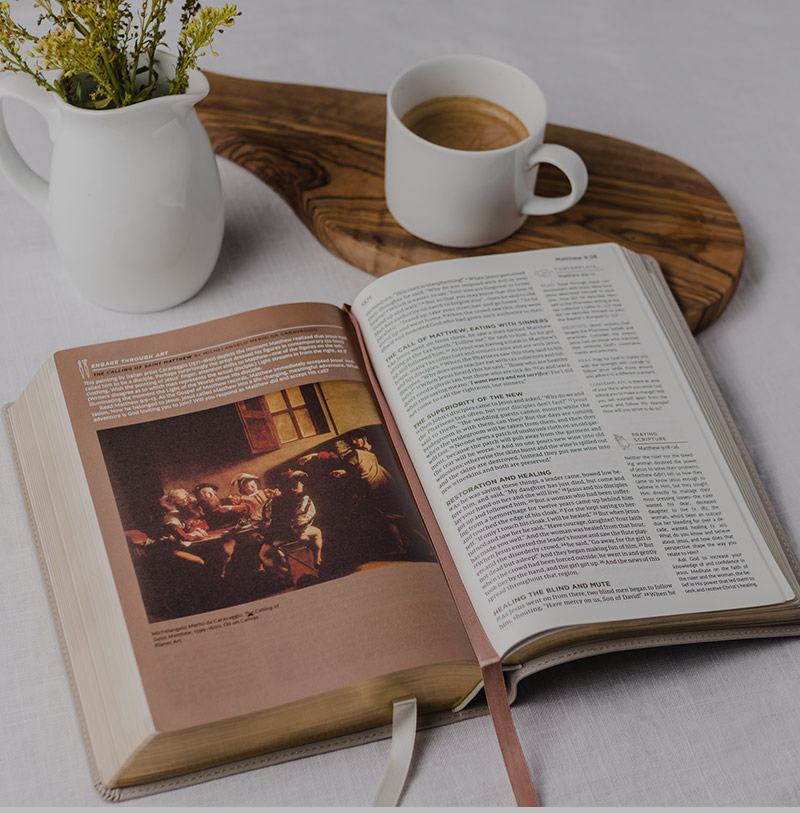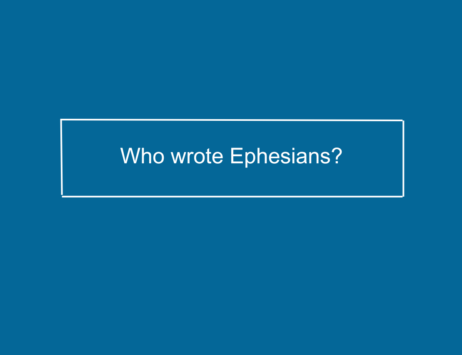Proverbs is a valuable collection of wise sayings and a book unlike any other in the Bible. But it is not merely a generous helping of good advice or pithy words. These instructions help us live rightly in light of eternity. When engaged with thoughtfully, they equip us to live fully for God’s glory and purposes.
Why Study Proverbs?
Wisdom, it may be said, is doing the right thing at the right time for the right people with the right motive. The Book of Proverbs shows us the significant difference between the wisdom of the world and the wisdom of God: People pursuing world wisdom do so to get ahead, to be successful, powerful, and wealthy. Those pursuing godly wisdom want to keep God and His ways on the center stage of their lives. This book speaks the kind of wisdom that helps us to embody heavenly truth in earthly contexts.
The Proverbs are much more practical than philosophical. They use figurative language to assist us to live our literal lives. But the Proverbs are not quick-fix, paint-by-numbers, add-water-and-stir approaches to life. They do not proffer “seven easy steps to become wise by Tuesday.” Instead they are precious nuggets of truth for how to conduct a well-lived life marked by meaning, purpose, and significance. The book’s focus is clearly wisdom, but what undergirds it all is trust – trust in the God of the universe. This trust leads us to obedience, which ultimately expresses itself in wisdom lived out in everyday situations and circumstances.
The Context of Proverbs
While there are several voice sin Proverbs, King Solomon was the primary contributor to the book. Solomon’s wisdom outpaced that of all other men (1 Kings 4:30), and it was graciously given to him directly by God (1 Kings 3:12). Because of the prominence of Solomon’s voice and the depth of his wisdom, it is crucial for us to pay attention to and heed his words.
The date of the book is uncertain. Some believe that the book can be traced back to the tenth century BC, when it is believed Solomon lived. Others believe the book (or parts of it) may have been compiled during the reign of King Hezekiah in the seventh or eighth century BC.
In our western context, we might expect the book to be organized in a linear fashion, laid out in neat and clearly defined categories. The topics, however, are free-flowing and far-ranging. Repeated themes fall into various chapters throughout the book. At first glance, it may seem as though the authors wrote in a scattered fashion. But this nonlinear style aligns with our real lives, which are full of varied and unpredictable issues, conflicts, and circumstances.
The Jesus of Proverbs
In Proverbs 8, wisdom is personified and seen in its perfection. It is divine (8:22-31), it is the source of biological and spiritual life (3:18, 8:35), it is righteous and moral (8:8-9), and it is available to all who will receive it (8:1-6, 32-35). This wisdom became incarnate in Christ “in whom are hidden all the treasures of wisdom and knowledge” (Col. 2:3). “But of Him you are in Christ Jesus, who became for us wisdom from God – and righteousness and sanctification and redemption” (1 Cor. 1:30, 1 Cor 1:22-24).
###################
Content in this article is taken from the Abide Bible.






